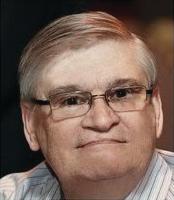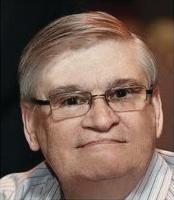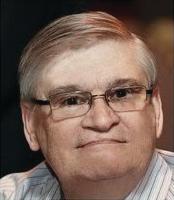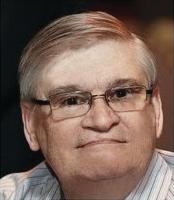We owe a debt of gratitude to Albert Ellis for uncovering the “musts” in our lives in his classic book “A New Guide for Rational Living.” He contends that we can undermine our effectiveness with words such as should, have to, need to, ought to, and must. For example:
- I have to go to the gym and work out.
- We must improve our customer service.
- He shouldn’t speak to me like that.
- You should pay more attention to your work.
- We had to downsize because of the economy.
- We have to raise taxes—we have no choice.
Our behaviour today, while strongly influenced by the past, is the direct result of our present decisions. This is especially evident in the way we talk to ourselves about ourselves.
Our behaviour today, while strongly influenced by the past, is the direct result of our present decisions.





